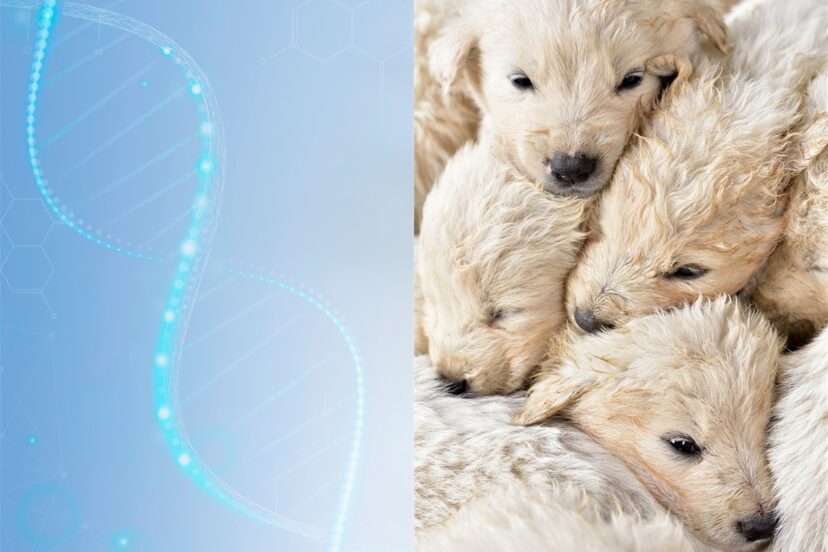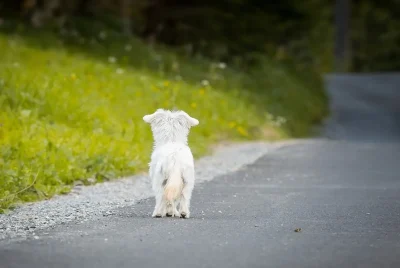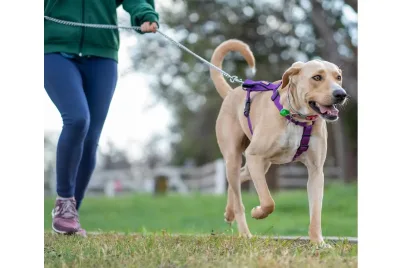Nurture Dogs: Genetics or Environment? Mystery Unlocked
Nature vs Nurture in Dogs: A Deep Dive
Ah, the age-old debate – nature vs nurture. But instead of delving into human psychology, let’s dive into our canine companions’ world. Ever found yourself wondering if your furry friend’s behavior is a result of their genetic makeup or the environment you’ve provided for them? You’re not alone. This age-old debate of nature vs nurture is as applicable to our dogs as it is to humans. As a dog parent and advisor, the question often thrown my way is, are our furry friends’ behaviors a product of genetics or the environment? Well, let’s unravel this together, shall we?
Introduction to the Eternal Debate: Nature vs Nurture
Understanding the roles of genetics and environment in shaping our dogs helps us not just nurture dogs better but also deepen our relationship with them. Ever watched a Labrador fetch effortlessly or a Border Collie herding instinctively and wondered, “Is it in their genes or is it their upbringing?” These queries are the foundation of the nature vs nurture debate in the dog realm. So, which one plays a bigger role? Let’s dive in and explore.
The Genetic Blueprint of Dogs
Dog Breeds and Their Traits
Certain traits are hardwired into dogs. For instance, retrievers love to fetch, and guarding breeds like the Rottweiler have an innate sense of territory. These traits have been passed down generations and are in their DNA. It’s a no-brainer that genes play a pivotal role in defining who our dogs are.
Behavior Instincts Inherited by Pups
The genetic coding of dogs controls a wide range of factors. Ever noticed how a pup, even without being taught, knows certain things? For instance, many will naturally know to chase their tail or bark at strangers. This is the power of genetics at play.
Physical Characteristics
From the color of their coat to the size of their paws, physical traits are predominantly genetic.
Temperament and Behavior
Certain behavioral traits like herding, hunting, and guarding can be inherently present in specific breeds.
The Role of Environment in Shaping a Dog’s Behavior
However, it’s not all in the genes; environment is equally crucial.
Importance of Early Socialization
How a dog reacts to other animals or humans is largely influenced by its early experiences. Take two pups from the same litter. One grows up in a bustling city, the other in a tranquil countryside. Their behaviors will be different. Early socialization, or lack thereof, plays a crucial role in a dog’s behavior.
The Influence of Training and Discipline
A well-trained dog is often mistaken for having “good genes.” But the environment, especially training, molds them into the obedient pals we adore.
Basic Obedience
Teaching a dog to sit, stay, or heel has more to do with training than genetics.
Advanced Skills
Whether your dog can perform tricks or tasks often depends on the time and effort you invest in training them.
Environmental Stresses and Their Impact
Sudden loud noises, the absence of a loved one, or even a change in routine can significantly impact a dog. This isn’t genetics; it’s the environment shaping their reactions.
The Harmony of Genetics and Environment
Achieving Balance: Tips for Dog Parents
The first step is always to understand your dog’s natural inclinations. Once you do, it’s easier to tailor your nurturing methods. To nurture dogs best, one should balance both genes and environment. Train them, love them, but also understand and respect their genetic predispositions.
Real-life Scenarios: Nature vs Nurture
Adopted Strays vs. Pure Breeds
I’ve met strays that are more obedient than pure breeds. It’s not always about genetics; sometimes, it’s about the love, care, and training they receive.
The Case of Twins Raised Apart
Two pups from the same litter, raised apart, can end up poles apart in behavior. This is a testament to the environment’s power in shaping character.
Expert Insights on the Matter
Various vets and dog behaviorists lean towards a blend of both genetics and environment. Their consensus? One doesn’t outweigh the other; it’s a beautiful interplay of both.
The Impact of “Nurturing” in the Nature vs Nurture Debate
Ways to Nurture Dogs for a Balanced Life
To nurture dogs is to understand their genetic makeup and provide them with an environment where they can thrive. This means early socialization, proper training, and lots of love.
Conclusion: My Take as a Dog Parent and Advisor
In the never-ending debate of nature vs nurture, the answer isn’t straightforward. As a responsible dog parent, the key is to balance both genetic traits and environmental factors to nurture dogs effectively. From my experience, dogs are products of both genetics and environment. To raise a happy, balanced pup, recognize their genetic traits but also provide an environment where they can flourish.
FAQs
Q1: How much of a dog’s behavior is genetic?
A: While specific numbers vary, many experts believe it’s a 50/50 split between genetics and environment.
Q2: Can training override genetic traits in dogs?
A: Training can modify behaviors but not eliminate genetic instincts completely. For example, a retriever might be trained not to fetch, but the instinct will always be there.
Q3: Why do siblings from the same litter behave differently?
A: Each pup has unique experiences, training, and socialization, leading to varied behaviors despite similar genetics.
Q4: How can I best nurture my dog to ensure balanced behavior?
A: Understand their breed-specific traits, provide early socialization, consistent training, and heaps of love.
Q5: Do all dogs of the same breed behave the same?
A: No, just as all humans from a family differ, so do dogs. Genetics provides a blueprint, but the environment fills in the details.
There you have it! Hope this gives you a comprehensive view of the whole nature vs nurture aspect when it comes to our furry pals. Keep loving and continue to nurture dogs in the best way possible!




